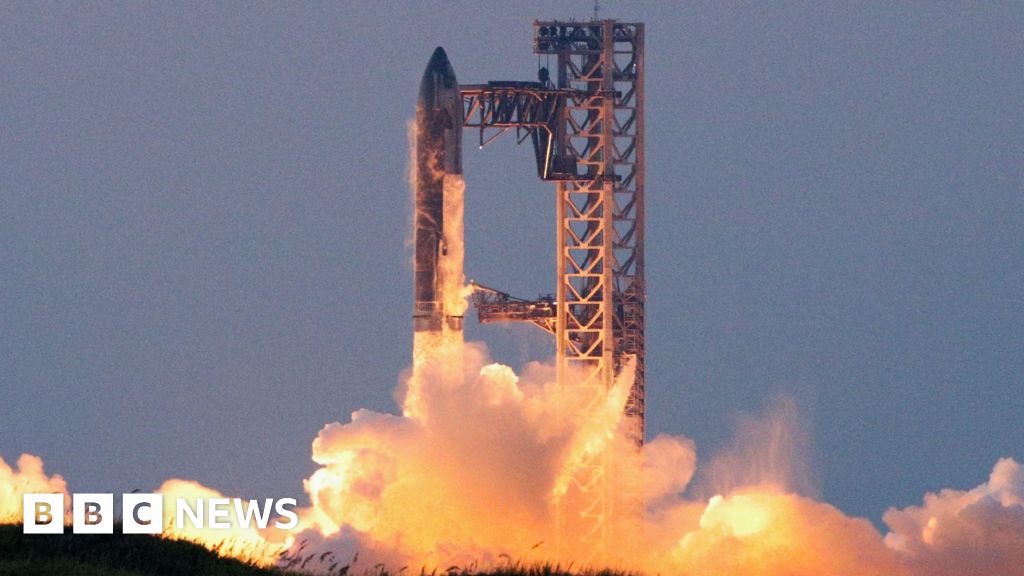What is DOGE?
Trump's DOGE: An advisory body aiming to cut government waste. Faces challenges in implementation, but could spark reform discussions.

The Department of Government Efficiency (DOGE) announced by President-elect Donald Trump has generated significant discussion and debate. To provide clarity on this initiative, let's examine the key facts and considerations:
DOGE Objective
The Department of Government Efficiency is not an official government department, but rather an advisory body created by President-elect Trump. Its primary goals are to:
- Reduce government bureaucracy
- Cut unnecessary regulations
- Decrease wasteful spending
- Restructure federal agencies
Key Points
- Non-governmental entity: DOGE is not a formal part of the U.S. government and lacks direct authority to implement changes [1][2].
- Leadership: Elon Musk and Vivek Ramaswamy have been appointed to lead DOGE [2][3].
- Advisory role: The department will provide advice and guidance from outside the government [3].
- Timeframe: Trump has set a deadline of July 4, 2026, for DOGE to complete its work [3][5].
- Ambitious goals: Musk has suggested the potential to cut $2 trillion from the federal budget, which some experts consider unrealistic [5][6].
Challenges and Limitations
- Congressional authority: Any significant changes to government spending or structure would require congressional approval [6][7].
- Civil service protections: Recent regulations have reinforced protections for federal employees, making it difficult to implement widespread staffing changes [7].
- Partisan divide: Implementing major government reforms would likely face opposition in a politically divided Congress [6].
- Mandatory spending: A large portion of federal spending is allocated to mandatory programs like Social Security and Medicare, which are challenging to modify [5].
Potential Impact
While DOGE's direct authority is limited, it could potentially influence government policy and operations through:
- Providing recommendations for streamlining processes
- Identifying areas of inefficiency or waste
- Proposing innovative solutions based on private sector experience
- Raising public awareness about government spending issues

Conclusion
The Department of Government Efficiency represents an unconventional approach to addressing government inefficiencies. While its ability to directly implement changes is limited, it has the potential to spark important discussions and propose innovative solutions. The ultimate impact of DOGE will depend on the quality of its recommendations and the willingness of Congress and the administration to act on them.
As this initiative develops, it will be important to monitor its progress, evaluate the feasibility of its proposals, and assess its overall effectiveness in promoting government efficiency.
Citations:
[1] https://www.pewresearch.org/politics/2023/09/19/americans-dismal-views-of-the-nations-politics/
[2] https://www.bbc.com/news/articles/cpqd4vw0ejeo
[3] https://www.npr.org/2024/11/12/g-s1-33972/trump-elon-musk-vivek-ramaswamy-doge-government-efficiency-deep-state
[4] https://www.nationalaffairs.com/publications/detail/the-trouble-with-public-sector-unions
[5] https://www.businessinsider.com/trump-elon-musk-vivek-ramaswamy-department-government-efficiency-doge-2024-11
[6] https://www.cbsnews.com/news/trump-department-of-government-efficiency-doge-elon-musk-ramaswamy/
[7] https://www.shrm.org/topics-tools/employment-law-compliance/schedule-f-civil-servant-at-will-firing
[8] https://www.fox5ny.com/news/department-government-efficiency-musk-ramaswamy-trump




